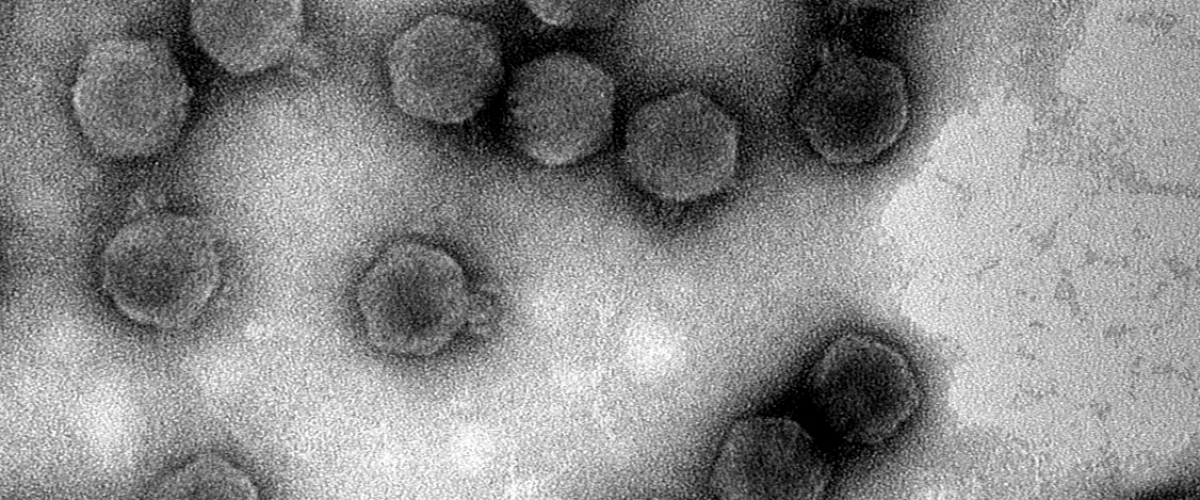Projet ANR CALYpSO 2015-2019
CALYpSO: Ecological and biogeochemical implications of glycosidases bound to marine viruses
Coordinator: Anne-Claire Baudoux
There is an emergent understanding that viruses are a driving force for the functioning and evolution of marine ecosystems.
Through the lysis of their hosts, viruses profoundly influence the diversity and biogeochemistry of the ocean.
It is nowadays acknowledged that viral lysis mediates one the largest carbon flux in the oceans.
However, little is known on the mechanisms underlying virus-host interactions and how these mechanisms are regulated by changing environmental conditions.
As a result, virus activities are still omitted in current ecosystem based model applicable for climate predictions while the significance of these activities is internationally acknowledged. The identification of these molecular-scale processes should provide novel mechanisms to understand and predict how viruses impact large-scale ocean functioning.
CALYpSO proposes to explore the implications of specific enzymes, the polysaccharide depolymerases, for virus activities and ocean biogeochemistry. Although quasi-unexplored in marine viruses, these molecules initiate the infection cycle for number of viruses that infect environmental pathogens.
Viruses use them to depolymerize the polysaccharides excreted by their host in order to gain access to their primary receptors. We evidenced for the first time significant polysaccharide depolymerase activities associated to different marine bacteriophages. We could thus expect that the intrinsic properties of these enzymes (life-time, substrate specificity, activity velocity) and their ability to withstand environmental changes (T, pH) directly influence the rates of viral lysis in the sea.
Importantly, we showed that these enzymes also catalyze the degradation of dissolved bacterial polysaccharides. This is particularly interesting because capsular polysaccharides released by bacteria may be a significant source of DOM in the ocean. Our results suggest that viruses could actively contribute to the degradation of these compounds in marine ecosystems.
So far, this process has been attributed mainly to extracellular enzymes derived from prokaryotes while those associated to viruses have been totally neglected.
CALYpSO will bring together an interdisciplinary team of French researchers (virologists, ecologists, (bio)chemists, bioinformaticians) with the overarching objective of exploring the polysaccharide depolymerase to understand how viruses influence large-scale ecosystem functioning.
Therefore, we propose an integrative approach divided in 4 complementary tasks largely relying on our recent advances on the topic : (1) Characterize the molecular and functional diversity of viral polysaccharide depolymerases, (2) Determine how these enzymes influence the main life traits of viruses, (3) Evaluate how virus enzymes activity impact the bioavailability of polysaccharide for the marine food-web, and finally (4) Estimate the relative contribution of viral and bacterial to polysaccharide cycling in the sea.
We anticipate that this original and innovative approach will provide unprecedented knowledge about the functional mechanisms that underlie virus activities in the ocean. Importantly, our research might lead to the discovery of an unsuspected process driving the marine carbon cycle. Such knowledge is urgently needed in order to improve predictions of future Earth climate.
Besides this very fundamental research, we expect that the characterization of marine virus associated-enzymes could provide novel bioactive molecules applicable for the development of emergent research tools.








